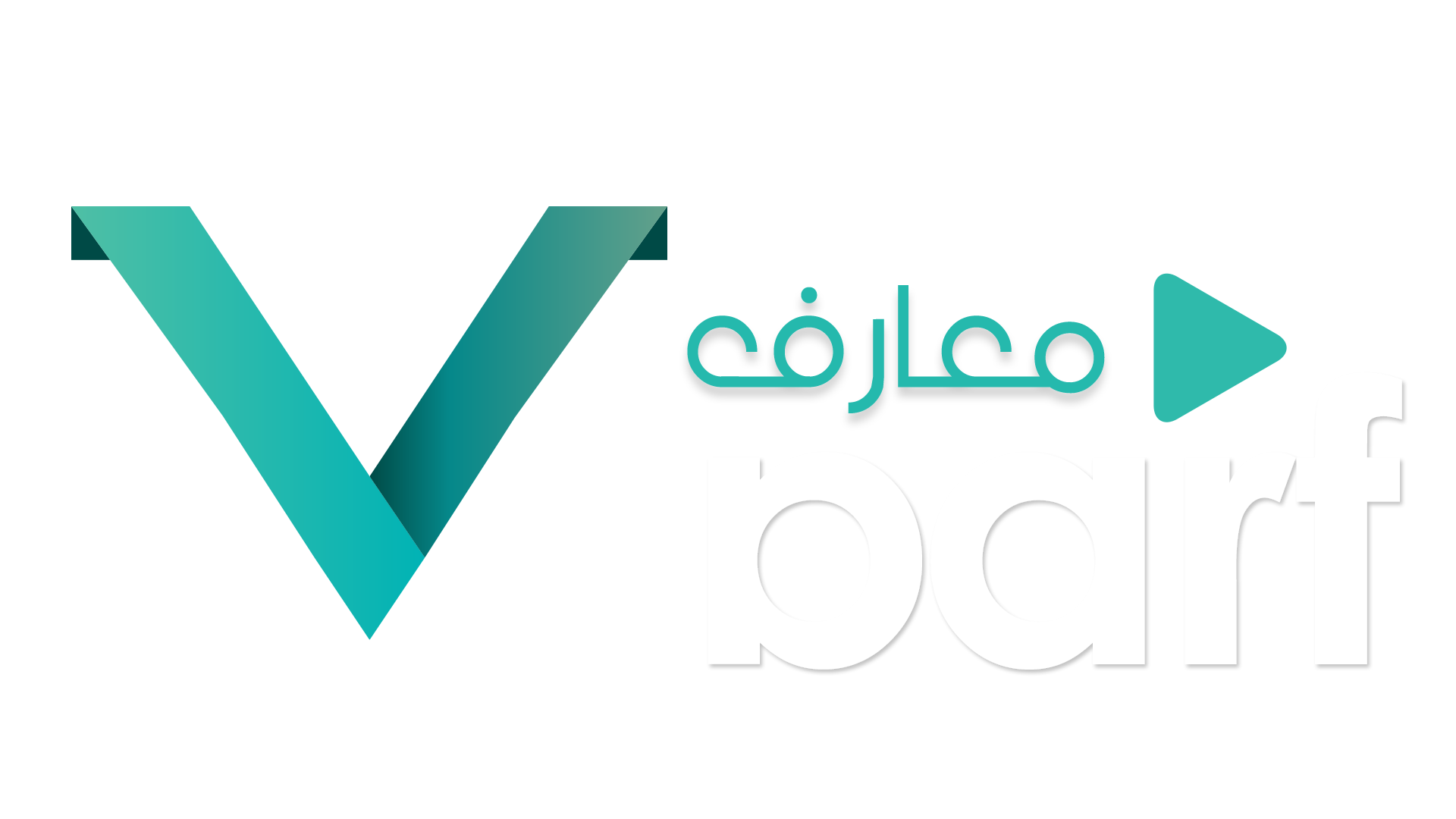
About Rehabilitation of Youth to work in banks Course
Banking systems manage the flow of money between individuals and businesses by accepting deposits and lending out money for investments. Banks earn interest from loans, the cost of managing consumer accounts, and investing for profits.
Banking systems comprises all institution that operates by accepting deposits and lending out finances to gain profit. They include; commercial banks, central banks, credit unions, and investment banks.
The purpose of the banking system is to provide an easy way for people to pay for goods and services, save their money, and transfer money between accounts. Banking systems provide credit opportunities, facilitate fund flow into the economy, ensure financial generation for public development and growth, and provide payment options.
Banking refers to any business entity that accepts and safeguards the finances of other persons and organizations and lends the finances to carry out economic activities such as making profits. Banking is important in the economy since it provides crucial services for both businesses and consumers, such as offering car loans, offering checking accounts, home loans, among other services. Significances of banking in our day to day life include:
● Provision of credit opportunities for cooperation and individuals.
● Facilitates the flow of funds in the economy.
● Ensures financial resource is efficiently allocated towards economic growth and development.
● Banks are incorporated into our daily life activities like paying salaries, withdrawals, and savings.
Various types of bank accounts exist to attend to the different needs of the consumers.
In this course you will learn how to open an account, deposits cash or checks, credit or debit cash withdrawal, handling checks, transfer money between two accounts, dealing with remittances and outgoing checks, reporting and printing customer data
Course Staff

حول دورة تأهيل شباب الخريجين للعمل بالبنوك
تدير النظم المصرفية تدفق الأموال بين الأفراد والأعمال التجارية عن طريق قبول الودائع وإقراض الأموال للاستثمارات. وتحصل المصارف على فوائد من القروض، وتكلفة إدارة حسابات المستهلكين، والاستثمار من أجل الأرباح.
كما تشمل النظم المصرفية جميع المؤسسات التي تعمل بقبول الودائع وإقراض الأموال لتحقيق الربح. وهي تشمل المصارف التجارية والمصارف المركزية والاتحادات الائتمانية ومصارف الاستثمار. والغرض من النظام المصرفي هو توفير وسيلة سهلة للناس لدفع ثمن السلع والخدمات، وتوفير أموالهم، وتحويل الأموال بين الحسابات. وتوفر النظم المصرفية فرصا للائتمان، وتيسر تدفق الأموال إلى الاقتصاد، وتكفل توليد الأموال من أجل التنمية والنمو العامين، وتوفر خيارات للدفع.
وتشير الأعمال المصرفية إلى أي كيان تجاري يقبل ويحمي مالية أشخاص آخرين ومنظمات أخرى ويقرض الأموال اللازمة للقيام بأنشطة اقتصادية مثل تحقيق الأرباح. والأعمال المصرفية مهمة في الاقتصاد لأنها توفر خدمات بالغة الأهمية لكل من الأعمال التجارية والمستهلكين، مثل تقديم قروض السيارات، وعرض الحسابات المصرفية، والقروض المنزلية، وغير ذلك من الخدمات. وتشمل أهميات العمل المصرفي في حياتنا اليومية ما يلي:
● توفير فرص الائتمان للتعاون وللأفراد.
● تيسير تدفق الأموال في الاقتصاد.
● ضمان تخصيص الموارد المالية بكفاءة من أجل النمو الاقتصادي والتنمية.
● تُدمج المصارف في نشاطات حياتنا اليومية مثل دفع الرواتب ، السحب ، والادخار .
وتوجد أنواع مختلفة من الحسابات المصرفية لتلبية الاحتياجات المختلفة للمستهلكين.
في هذه الدورة ستتعلم كيف تفتح حساباً، ايداع نقدي أو شيكات، سحب نقدي دائن او مدين، تداول الشيكات، تحويل الأموال بين حسابين، التعامل مع التحويلات والشيكات الصادرة، بالإضافة الى عرض تقارير وطباعة بيانات العملاء.
المحاضر

د. أحمد النبوي السيد

